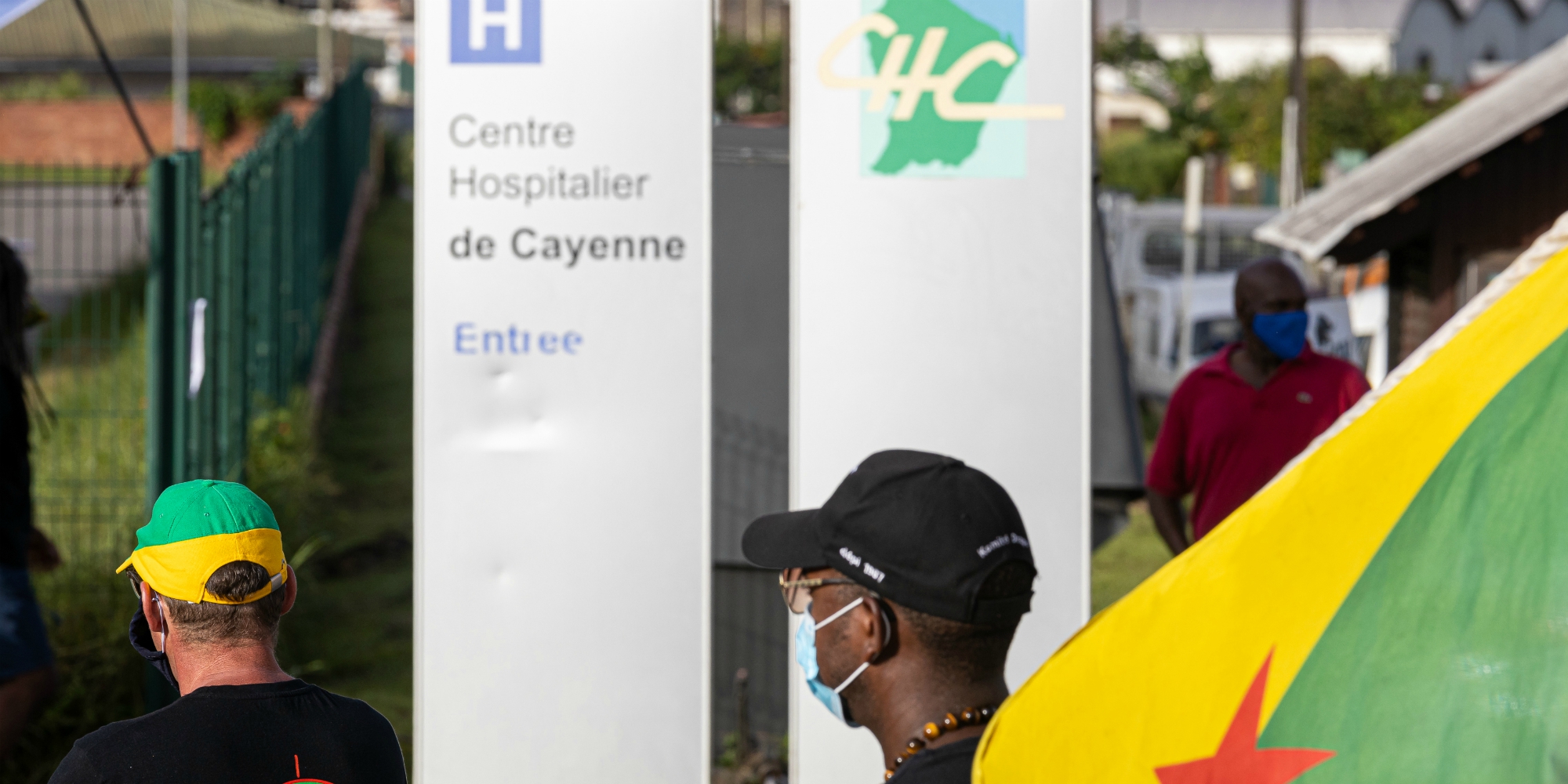The government could announce a curfew in major cities on Wednesday evening in order to combat the spread of the coronavirus.
For most epidemiologists, this measure helps limit social interactions, especially among young people, and curb contamination.
France is preparing for a curfew in the major cities most affected by the coronavirus.
Faced with the resurgence of the pandemic, the government could announce this measure on Wednesday evening, especially in Paris.
But from a health point of view, is the curfew effective?
Most epidemiologists are convinced of this.
Europe 1 explains why.
>> LIVE -
Coronavirus: follow the evolution of the situation Wednesday, October 14
Worrisome figures among young people
With the curfew, the authorities plan to target evening meetings and late parties, responsible for many cases of contamination.
The incidence rate among 20-30 year olds in Paris has thus just exceeded 800 cases per 100,000 inhabitants, when the alert threshold is set at 50. In the heart of summer, when the figures began to rise, particularly in young people, some of the most reassuring epidemiologists, however, spoke of an epidemic "without patients".
This means that at the time when contaminations were slowly rising among young people, there were few patients in intensive care and few infected elderly people.
Except that at the beginning of September, the first patients arrived in intensive care, almost all aged between 55 and 75 years.
So it is the young people, very often asymptomatic, who in the private sphere infect their parents and grandparents.
Limit social interactions to break the chains of contamination
For Bruno Gardane, head of the intensive care unit at Lariboisière hospital in Paris, the curfew can precisely act at the root of the problem.
"By instituting a curfew at certain times, we will restrict the movement of people, especially young people, or even restrict social interaction. In fact, we could break the circulation of the virus and therefore, in turn, the risk of intra-family contamination of older people ", assures the doctor.
If the curfew is applied to large cities like Paris, this measure will affect the entire population.
The whole stake will be not to stigmatize young people.
"It could have a counterproductive effect", slips an adviser to the Minister of Health of Olivier Véran.
With the curfew, everyone will be concerned but it will be the young people who will be targeted first.
CORONAVIRUS ESSENTIALS
> "I wanted to vomit": the suffering of these masked women forced to give birth
> When are we in contact?
And other questions that we ask ourselves every day
> Coronavirus: from what age should you have your child tested?
> Coronavirus: the 5 mistakes not to make with your mask
> Does wearing a mask promote bad breath?
The example of Guyana
The curfew has already been tested in Guyana since May.
A very strict time, the device, which has varied a lot in space and time, has however been gradually relaxed as the epidemic slows down.
In this French department of South America, since the end of September, the travel ban now extends from midnight to 5 a.m. from Monday to Sunday.
The measure was in any case deemed "very effective" by the authorities, who observed a clear decrease in contamination.
"The number of cases has stopped increasing" very quickly after the implementation of these measures, assured Clara de Bort, director of the ARS of Guyana.

